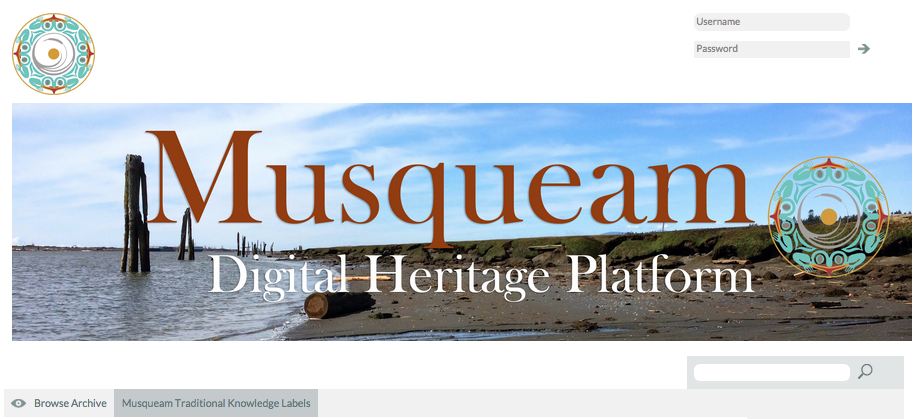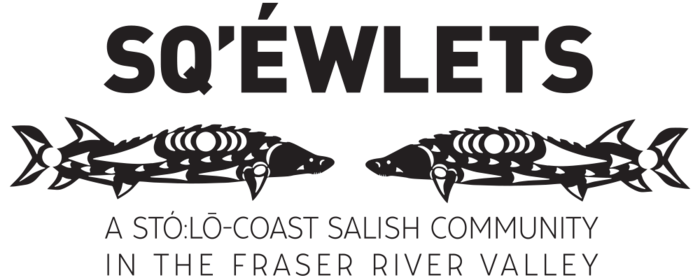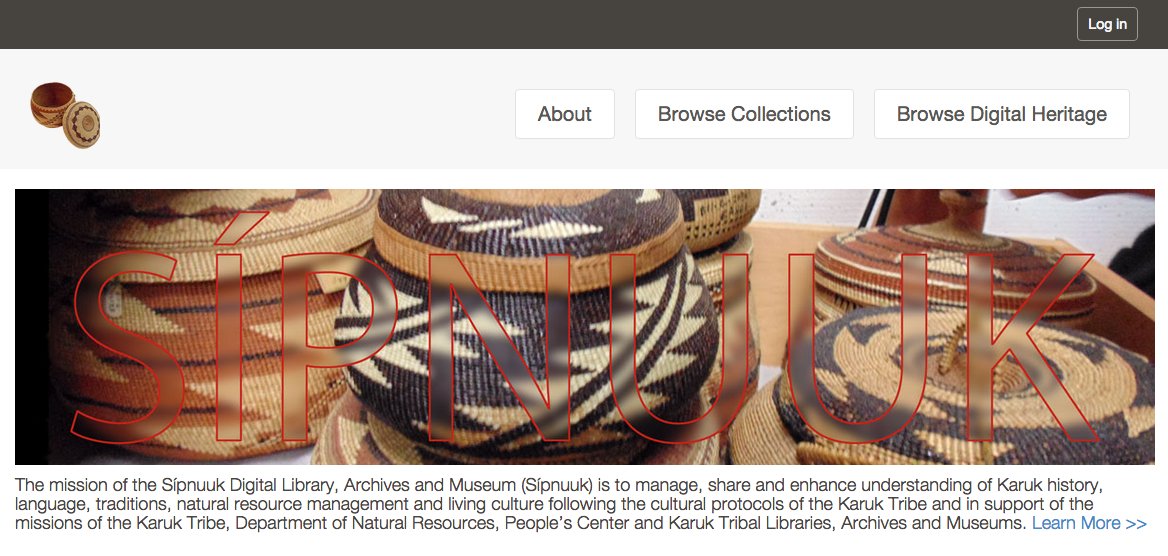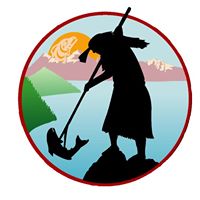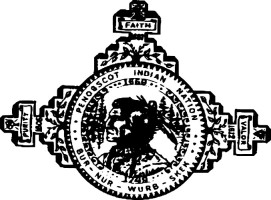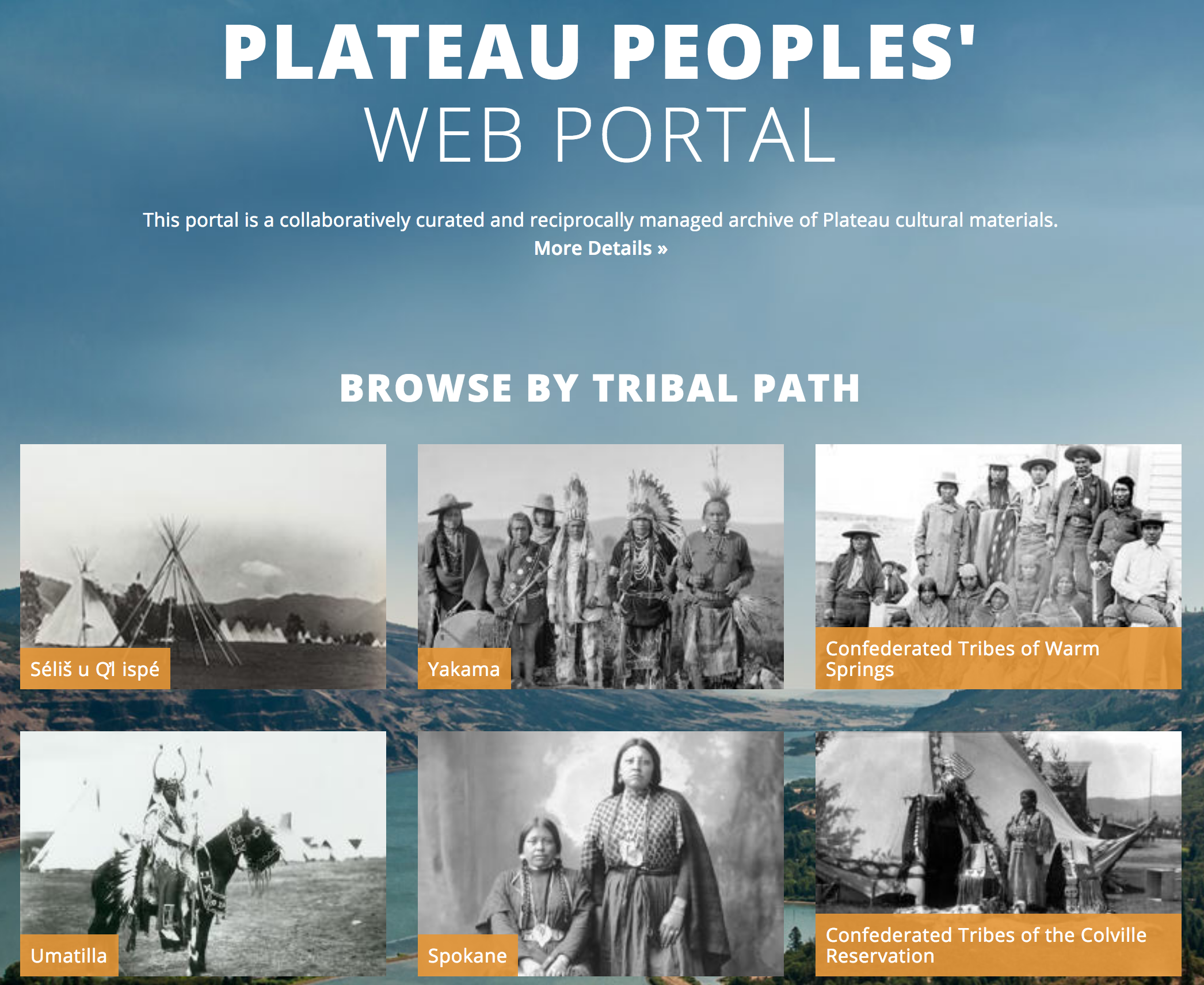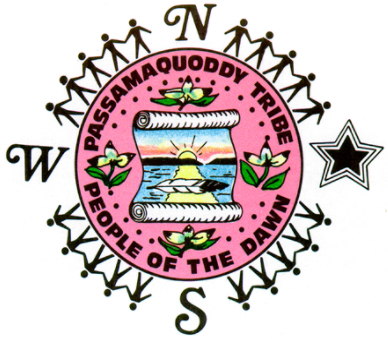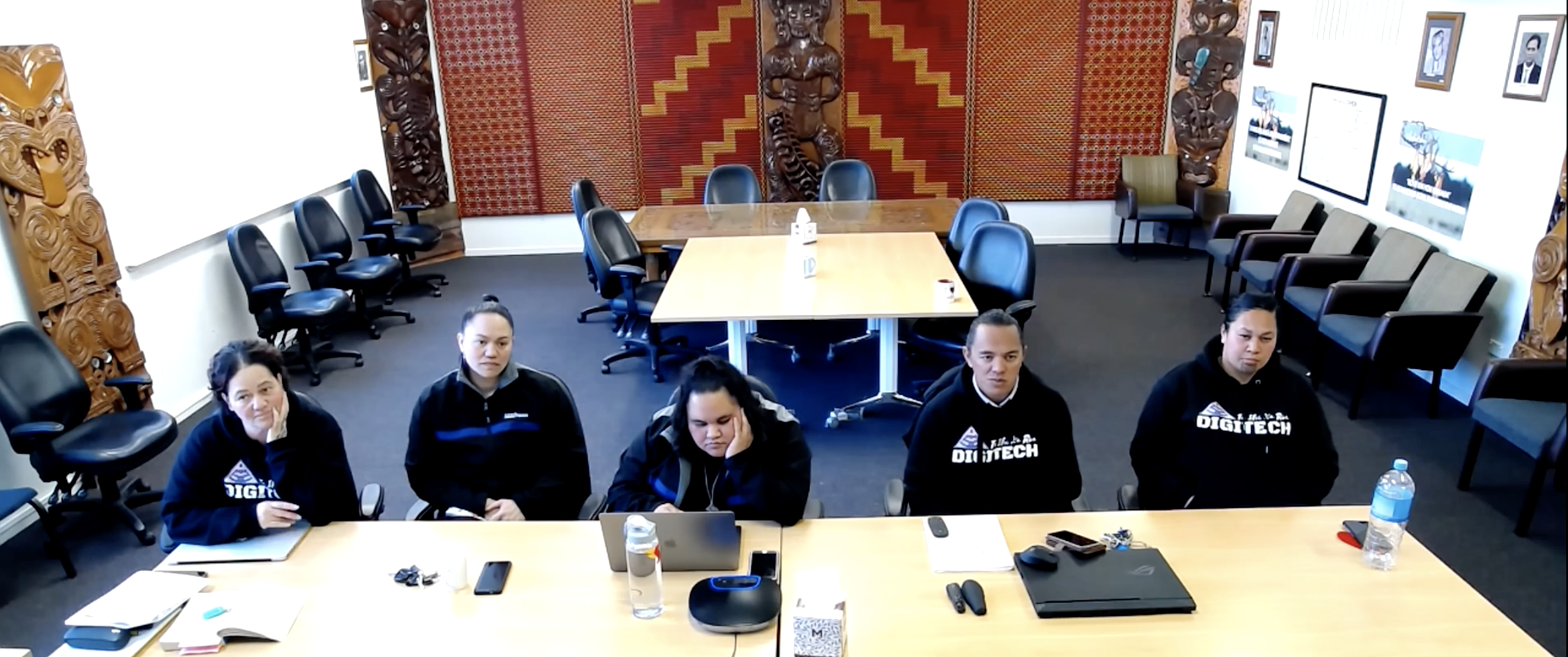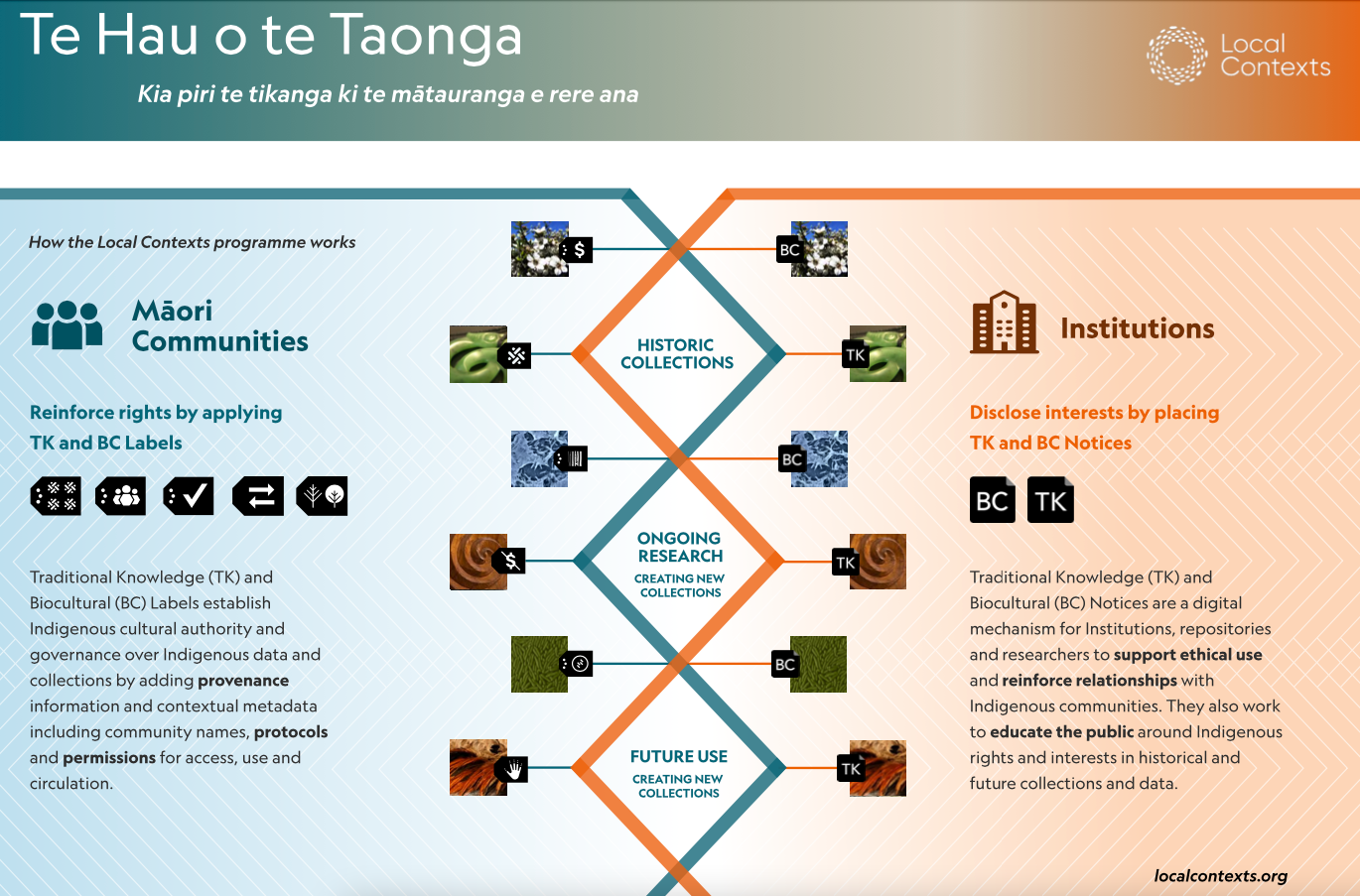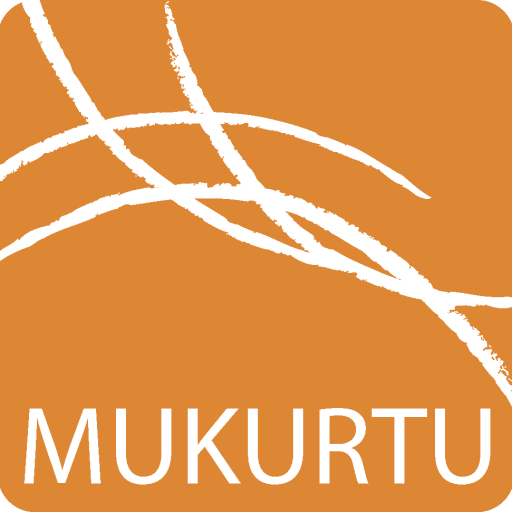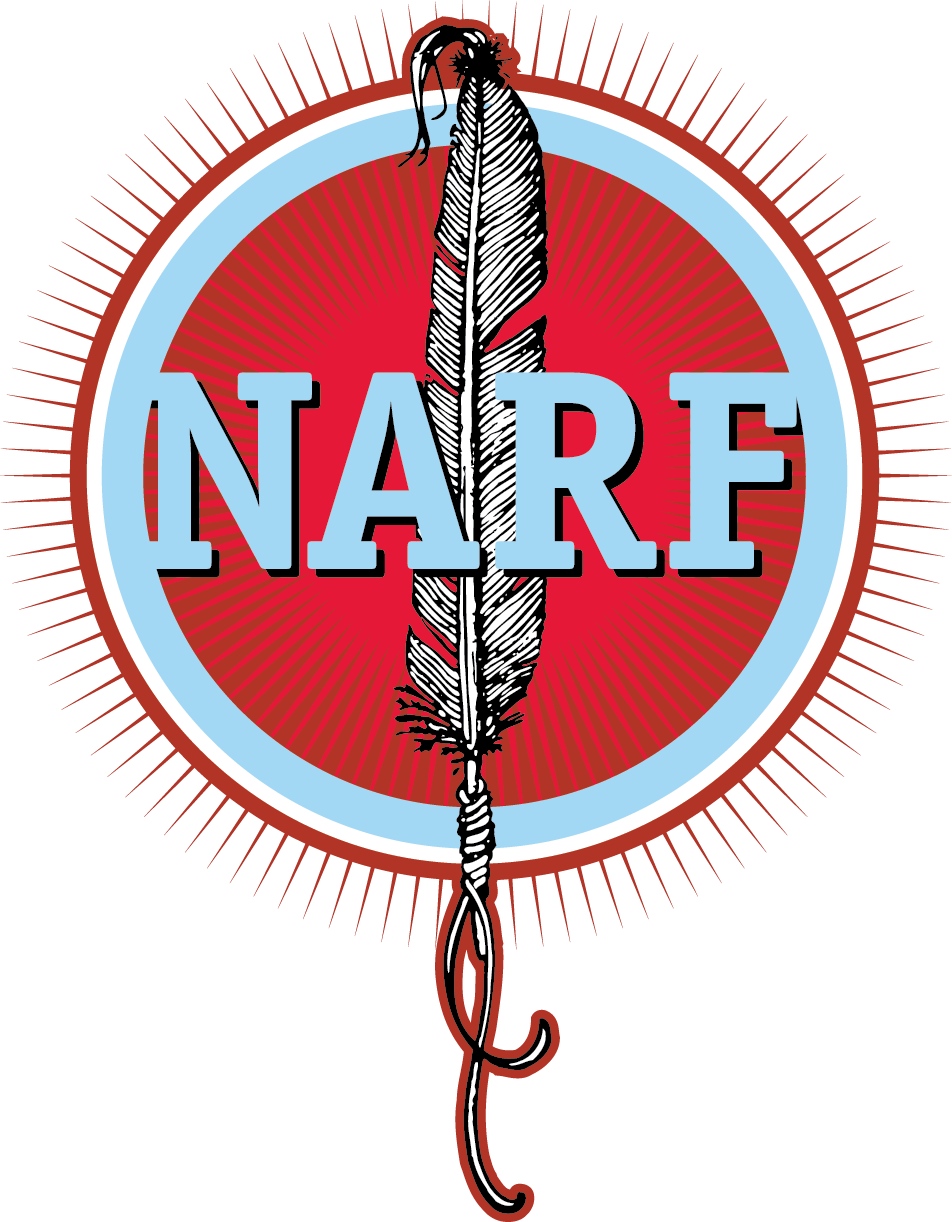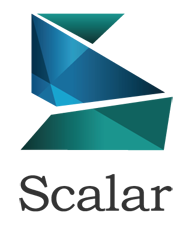Land Acknowledgement
As an organization that transcends geographic and national boundaries, Local Contexts acknowledges that all of the lands and waters we occupy are Indigenous Homelands. We recognize the ongoing significance of these lands and waters for Indigenous Peoples in the past, present, and future.
Local Contexts is committed to Indigenous sovereignty and ethical data governance; we believe that naming and addressing the violence of settler-colonialism and its ongoing effects is central to the work that we do. The legacy of settler-colonialism has manifested in the structural exclusion and erasure of Indigenous people within institutions that steward collections of Indigenous heritage and data. The (mis)information or absence of information within these institutions and their systems continues to pose enduring challenges that adversely affect Indigenous communities.
We have responsibilities and obligations to support Indigenous peoples, communities, and organizations. In our efforts to overcome the legacies of settler-colonialism, Local Contexts was developed to create effective and recognized pathways for implementing and maintaining Indigenous data rights and facilitate ethical relationships and enable collaboration with stewards of Indigenous collections.
We ask you to acknowledge these truths and join us in our commitment to acting as respectful guests within the homelands in which we live and work.
To learn more about Indigenous homelands visit www.native-land.ca.
